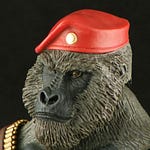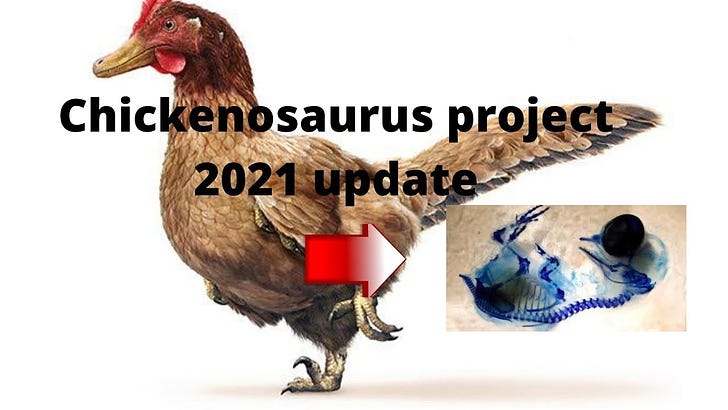
I mentioned having finished Kevin Roose’s book about his time at Liberty University, The Unlikely Disciple. He spends a lot of time in that book talking about the class he had the most trouble with, called History of Life, which was mostly about refuting evolution, using scientific-sounding terms.
Today I’m speaking with Eric Horstman, who worked for years in one of the places that Charles Darwin visited on the HMS Beagle, which inspired ol’ Chuck’s work, and which still has a research station that bears his name. The Galapagos Islands are like a museum of evolution, full of weird animals and birds that exist nowhere else. One of those that we’ll talk about during the show is the vampire finch, which drinks blood -- and the proteinaceous lubricator fluid from the cloacas of seabirds as they are laying their eggs. Eeewwww. I can see why they went with “vampire finch,” as opposed to "vent-licker finch" or “cloacalingus finch.” Those sorts of nasty unChristian behaviors, which are all over the animal kingdom, are usually seen as a challenge to some fundamentalist Christian theologies. Here’s what I found when I googled “creationist vampire finch.” Yep, it is mentioned by name.
I had read before that according to creationism, all animals in Eden were vegetarians, but I had never read the entire explanation before. Pretty fascinating, and marvelously adapted to resist the scientific method; one might go so far as to say that explanation was designed to be untestable, though I prefer to think of it as evolved. The testable creationist explanations were in fact tested and selected against, and only the untestable ones have survived. I can imagine the experiment – add back the sustaining power of God and see if the finch goes back to eating seeds – but I don’t personally have access to that power. So science is kind of stuck there.
Plus, according to Eric, the vampire finches are not genetically a separate species, only a cultural variant of the ground finch. That in itself is not a problem for the creationist explanation, as supposedly none of the animals ate anything in the Garden, and it was only after the Fall that they had to start trying things by trial and error to see what their separately and specially created digestive equipment could handle. Ironically, even that much change through trial and error – random sampling of foodstuffs (variation), selection of the ones that are nourishing, and passing those individually learned behaviors on to children (inheritance) – would count as a form of evolution in my book.
One thing we mentioned but didn’t unpack is the lack of fear in island animals where there are no predators. It’s a natural version of Belyaev’s fox experiments, where the fearful animals are selected against. Of course, in the settled areas, where the tame ones get killed, fear has once again been selected for.
References from this episode:
Galapagos Conservancy (of Fairfax, VA)
Darwin Research Station
The Beak of the Finch, by Peter Grant
The Cocos Islands, off Costa Rica
Mesoamerica Biological Corridor
Sea Cucumbers (surprisingly well documented?)












Share this post